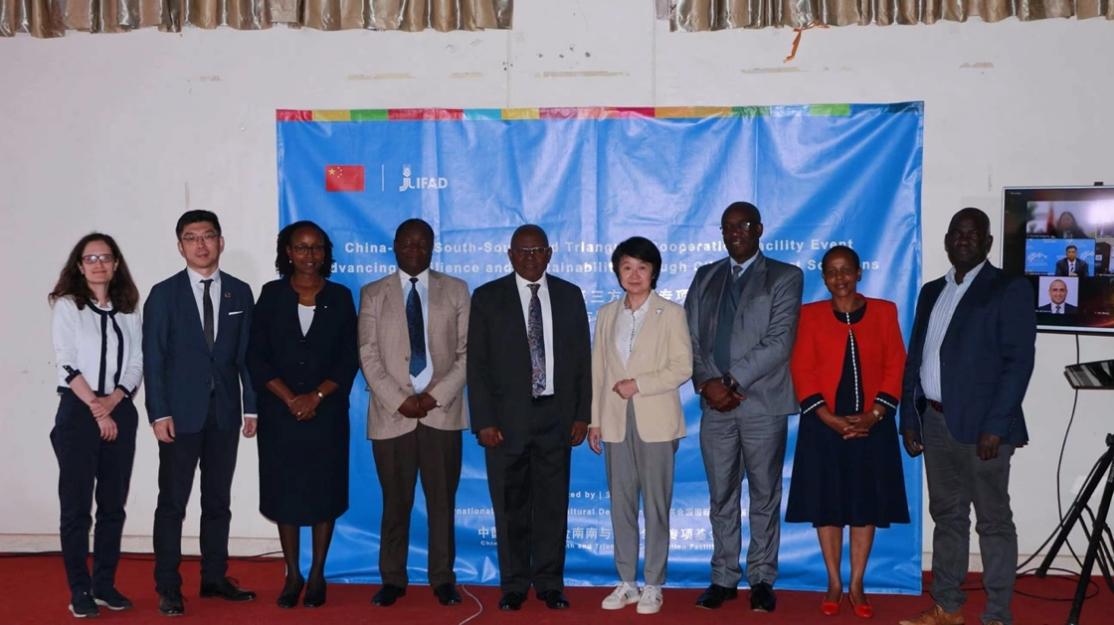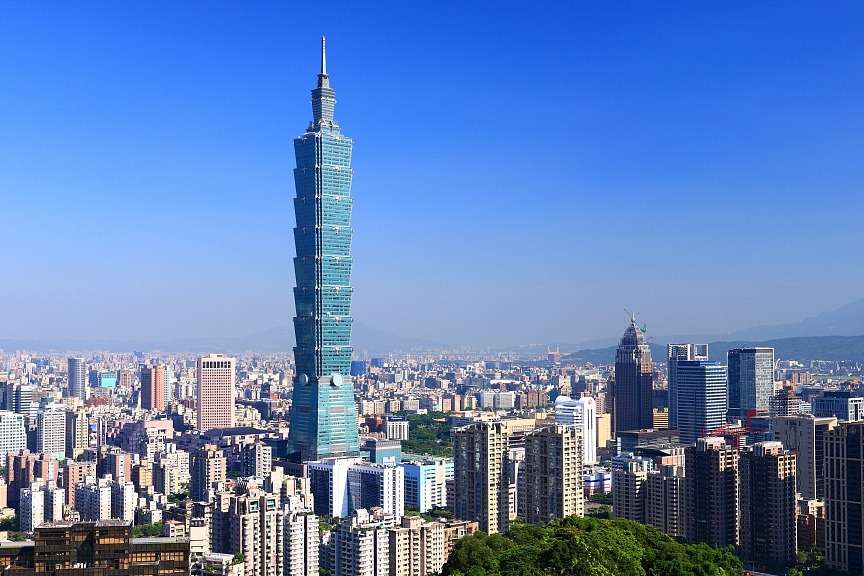China-IFAD partnership shields Global South farmers against climate change


Agricultural cooperation and knowledge exchange are helping smallholder farmers in Global South countries combat climate change and boost production, experts said at a hybrid workshop in Kenya on Wednesday.
Experts from the International Fund for Agricultural Development, governments, and universities drew this conclusion after looking at projects of the China-IFAD South-South and Triangular Cooperation Facility. Since its establishment in 2018, the SSTC Facility has piloted and scaled innovative rural development solutions, leveraging expertise from China and the Global South.
“We have seen the devastating effect of the recent floods in Kenya on local livelihoods,” said Wang Wei, director of the IFAD SSTC Facility. “This reminds us that climate risks are closely related to each of us, our livelihood and our future.”
According to IFAD, small-scale farmers are increasingly vulnerable to climate change, which brings with it erratic rainfall, droughts, and rising pest infestations. To address these challenges, 10 of the 17 SSTC projects across 38 countries focus on climate change, offering effective solutions to governments, institutions, smallholders and local private sectors.
Farmers from smallholdings in Rwanda and Kenya have faced severe droughts because of global warming, drastically reducing food production. Through SSTC projects, over 6,600 small-scale farmers have received the benefit of 46 irrigation systems. With added mechanization, easy access to information, market entry and financial services, maize yields have increased two to three times.
Leonard Bor, county executive committee member for the Department of Agriculture, Livestock, Fisheries, and Cooperatives in Kenya, highlighted how the SSTC project has fostered partnerships to transfer horticultural technology, improve agricultural extension services, and boost Kenya's tomato value chain with support from China’s Nanjing Agricultural University and Kenya’s Egerton University.
Isaac O. Kibwage, vice-chancellor of Egerton University, and Yan Zhu, vice-president of Nanjing Agricultural University, reaffirmed their commitment to sustainable agricultural development in Africa and to exploring more climate-smart solutions.
Mei Hongyong, deputy representative of China to the UN Food and Agriculture Organization, said the event’s theme aligns with China's green agricultural development strategy. He highlighted China's active efforts at mobilizing climate finance and promoting sustainable agricultural policies and innovations.
Mei further emphasized that China is willing to continue deepening cooperation with all parties in resources, knowledge and technology within the framework of the Global Development Initiative and the China-IFAD SSTC Facility.

































